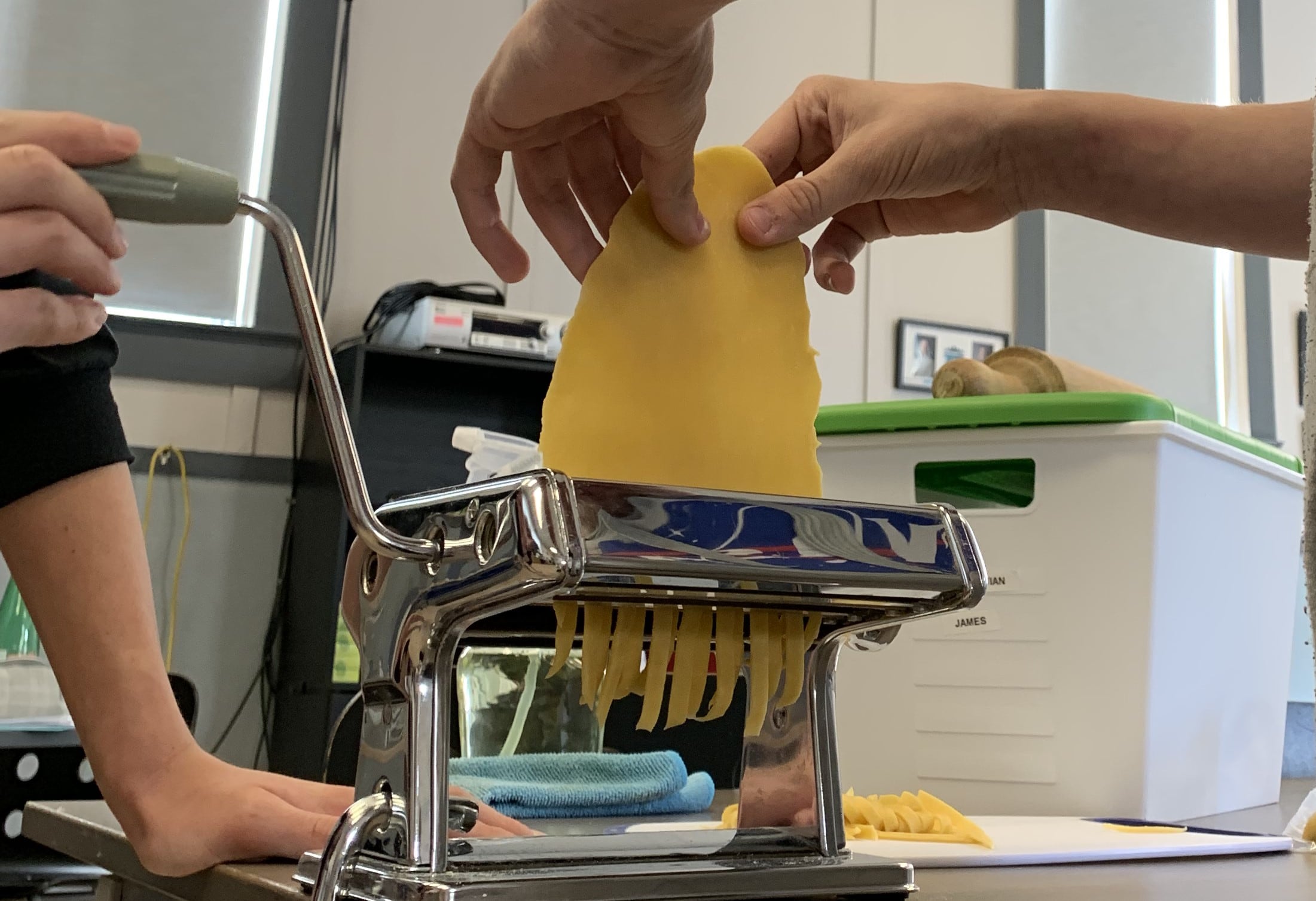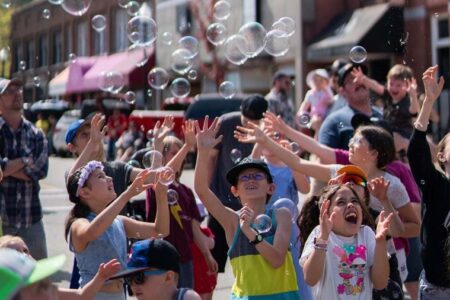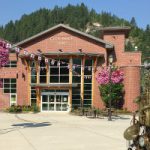7S: The merit of supplementing academia with learning lifeskills
As important as it is to learn reading, writing, and arithmetic, hands-on workshops in high school teach essential life skills to prepare individuals to live independently. The development of life skills is an ongoing process. The World Health Organization identified five critical life skills: decision-making, problem-solving, communication, creative thinking, and interpersonal relations.
Therefore, preparation to become responsible adults and contributing community members is the aim of the Seven
Summits Centre for Learning workshops.
Group activities that teach students teamwork is commonplace throughout all classes; however, modelling lifestyle behaviours with life skills are offered in workshops such as physical activity and foods.
“In PE and Foods, students must learn to work together. As a team, they empathize with each other, share responsibilities and manage their time effectively,” said workshop mentor Tara Hauck. “Learning about the economics of the kitchen and positive self-image development through exercise is important to provide improved independent life skills.”
Other critical life skills include cleaning up, self-improvement, stress management, and a growth mindset. “It can’t just be someone else’s problem. Students learn to play a positive role by being part of the team, whether cleaning the kitchen after cooking or tidying up the equipment; a willingness to help is necessary,” concludes Hauck.
7S PE, Foods, and Arts workshops use curiosity to promote student life skills. Classes start with a premise and move through the activity to produce a result. The catalyst is curiosity. This fantastic force is vital to the success of each lesson. Many journals and publications show young adults becoming productive and successful adults through
their curiosity. Why does that work? How does that matter? When can I do it again?
“If students are curious, they may not necessarily need to be interested or motivated to cook or exercise; they just try it because their interest is piqued. Like TRX class, disc golf, biathlon, or making homemade pasta. These are not ordinary things students may have been exposed to before, so they are curious to try them and often want more,” said Hauck.
Curiosity may be bad for the cat, but it cured the child. One does not have to teach a child to be curious or to have fun, only to provide situations where their curiosity is awakened. As adults, curiosity reigns when we read a book, try a new recipe, ski a new run, or travel to a new place; for children, curiosity is stimulated similarly.
Excitement brews as the students engage and further their quest for knowledge. Each activity becomes an interactive experience of its own. Remembering the points of the lesson is easy as impressionable minds revisit the concepts and think deeply about how to apply these to other situations. This is the true essence of learning and knowledge acquisition.
The big question is will students continue to take these life skill courses in the later grades?
“As with any public education, 7S offers many elective options and work experience credits so students may start working in these industries as athletic instructors, coaches, cooks, servers, and the like, to use and expand their life
skills while gaining credits or cash for doing the job,” Hauck said. “A solid foundation of life skill classes in Grades eight and nine prepares these young adults to be more employable in the service and athletic industries. Who knows, maybe the next Gordon Ramsey or Coach Gardiner is right here learning their craft for the first time. Dreams come from our
experiences; curiosity makes one try those things dreams are made of.”



























Comments